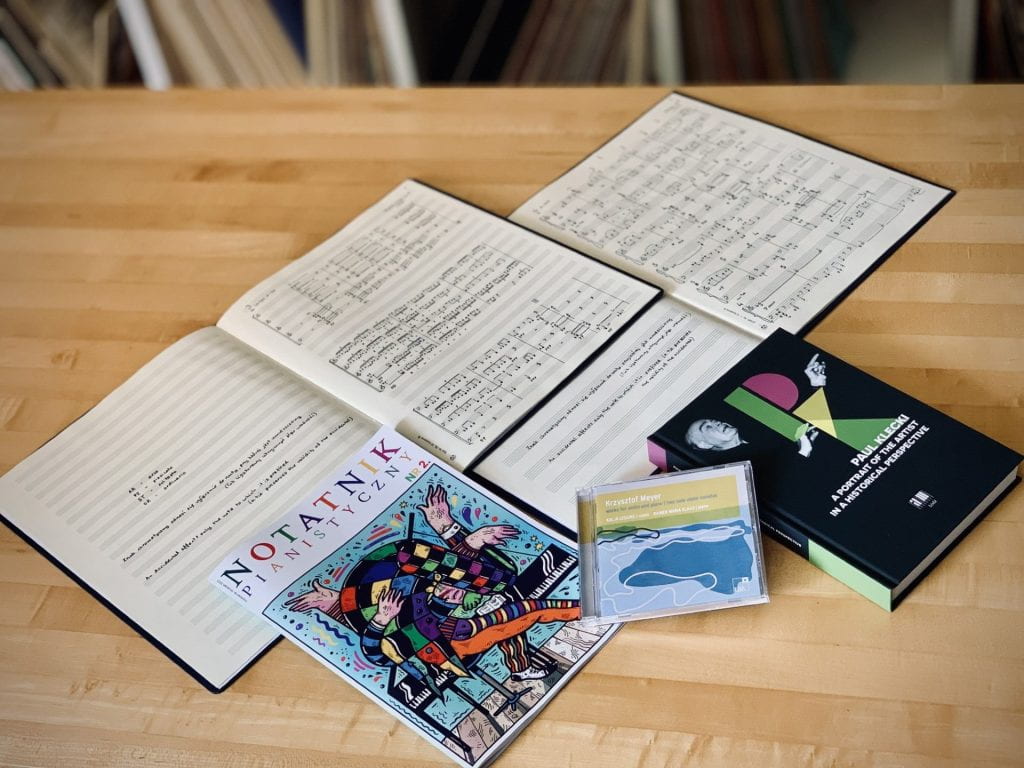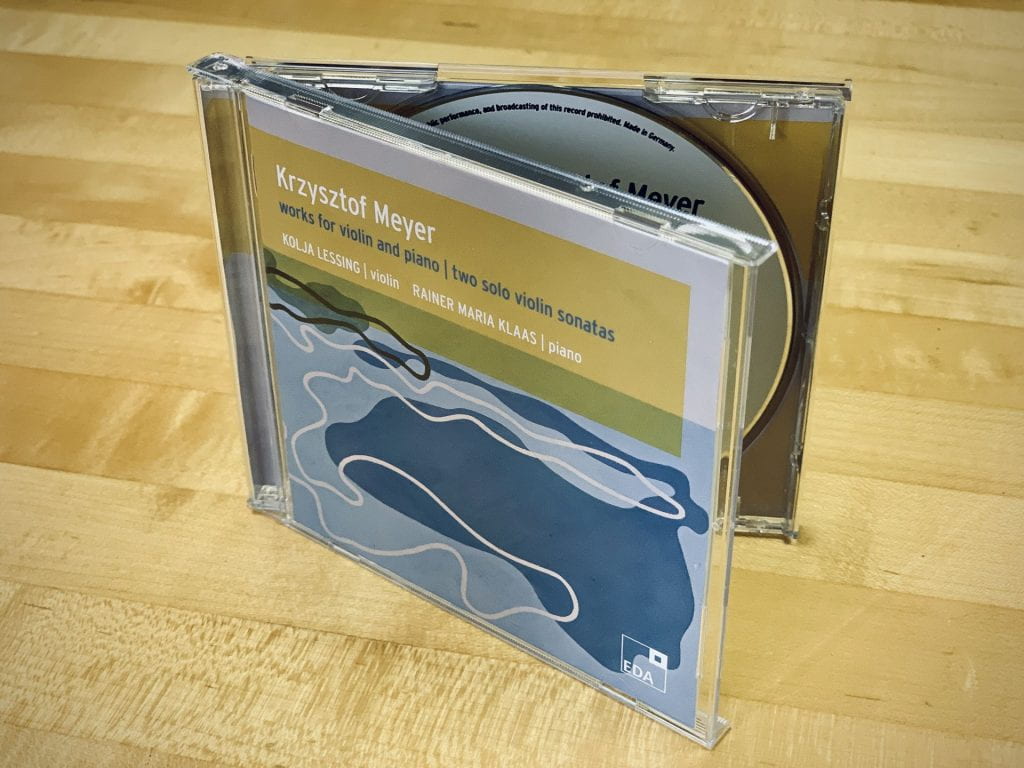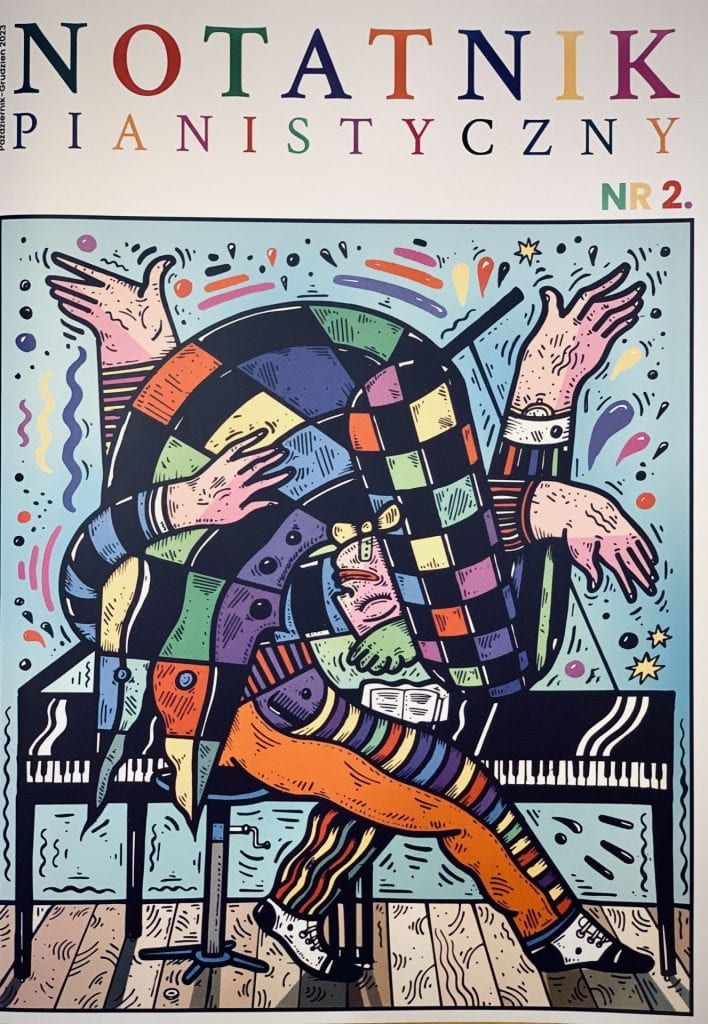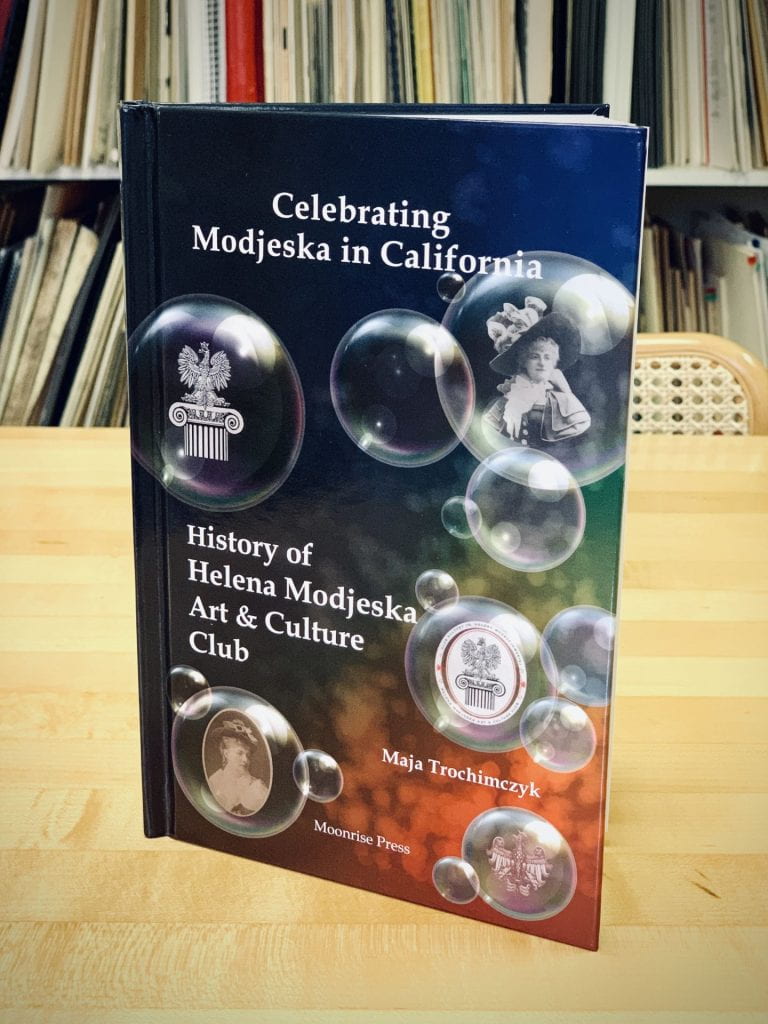More Manuscripts From Meyer!
Polish composer Krzysztof Meyer has made another generous donation of his manuscripts to the Polish Music Center’s flagship Manuscript Collection. Two beautifully bound scores were given by the composer himself to the PMC’s Director Marek Zebrowski during his visit in Poland late this fall.
The first of these remarkable documents is Introspekcja na pięć wiolonczel, Op. 2 [Introspection for five cellos], a one-movement work written in 1960 that’s about seven minutes long. It is notated in black ink on 12 pages of a 20-stave paper. Anyone wishing to hear Introspekcja can reach for the recording on the Polish Cello Music (DUX 0925) album, where it appears together with music for solo cello alongside works for two to eight and cellos by Zbigniew Bujarski, Olga Hans, Henryk Hubertus Jabłoński, Maciej Jabłoński, Witold Lutosławski, and Krzysztof Penderecki. The performers of this rare corner of cello chamber repertoire are Kraków-based virtuoso cellists assembled by Jan Kalinowski, the energetic professor and dean of the Kraków Music Academy. Besides him, artists on this CD include Anna Armatys, Michał Dąbek, Monika Gernot, Karolina Jaroszewska, Aleksandra Lelek, Marcin Mączyński, Marta Nagawiecka, Franciszek Pall, and Beata Urbanek-Kalinowska.
The second of Krzysztof Meyer’s gifts is Aforyzmy na fortepian, Op. 3 [Aphorisms for piano], a 1961 work composed of nine separate movements that are played in succession. The score is notated in black ink on 19 pages of a 12-stave paper. According to the composer (who mentioned performing this demanding virtuoso work himself on many occasions), the entire set is about twelve minutes and thirty seconds long. This work was recorded by Marek Szlezer and has been released in 2013 on the Krzysztof Meyer Works for Piano, vol. 1 (DUX 0923) album.
These two manuscripts will join several of Krzysztof Meyer’s meticulously handwritten scores already held in the PMC Manuscript Collection, an unprecedented gathering of works by leading twentieth century Polish composers. Thanks to a transformational gift from the Diane and Tad Taube Foundation, this Collection was recently digitized and is available to faculty, students, and scholars all over the world at digitallibrary.usc.edu.
Meyer Anniversary Recording
Another gift made to the PMC by Krzysztof Meyer this December is the CD issued to celebrate the composer’s eightieth birthday, which fell earlier this year. Recorded in late 2022 and early 2023 and released by EDA Records (EDA 49), a Berlin-based label featuring works by many Polish composers and often focusing on lesser-known works, this disc features Meyer’s music written at various times between 1975 and 2018.
The album opens with the Capriccio interrotto for violin and piano, Op. 93 (2000) and also features the 1994 Misterioso, Op. 83 for the same ensemble. The other two works on this disc are Meyer’s solo violin sonatas—No. 1, Op. 36, a two-movement work dating from 1975 and No. 2, Op. 133, a three-movement work dedicated to the violinist Kolja Lessing who is the featured soloist on this CD. Rainer Maria Klaas is the pianist for two of Meyer’s violin and piano compositions. Meyer’s Op. 133 receives here its world premiere recording along with one of the few works by Meyer for younger performers, Geigen-Krämchen—Seven Pieces for Children for Violin and Piano, Op. 55, written in 1981.
Graced with the 1934 abstract painting Pejzaż morski [Seascape] by Władysław Strzemiński on its cover, the richly illustrated CD booklet in German and English features an extensive and insightful interview with the composer as well as information about the performers. From Kolja Lessing’s extensive interview with the composer, we find that,
Music making held a cherished place in my family, thanks to my grandmother who graciously hosted intimate house concerts. It was during these formative years that chamber music left an indelible mark on me, igniting a profound fascination with this realm of sound. As far back as I can remember, my grandmother’s circle of friends was made up exclusively from string players. Perhaps this is why, despite being a pianist, I developed an early affinity for string instruments.
Bravo to the performers and to EDA’s executive producer, Frank Harders-Wuthenow, for successfully realizing yet another fascinating recording project.
Notatnik Pianistyczny, Issue No. 2
Grzegorz Mania, president of the Stowarzyszenie Polskich Muzyków Kameralistów [SPMK, or Polish Chamber Musicians’ Association] donated to the PMC library the second volume of his latest pet project, Notatnik Pianistyczny. This journal should be of great interest to pianists of all levels of accomplishment as well as piano teachers and enthusiasts of keyboard literature. The first issue of Notatnik pianistyczny that came out in mid-summer already signaled a wealth of articles, historical backgrounds, and practical performing advice with interesting solo piano repertoire being reproduced in full on the magazine’s pages.
The new October-December 2023 issue continues to engage the reader with fascinating articles on women composers, sight-reading, an extensive discussion on the topic of interpreting the first movement of Mozart’s Sonata KV 333, as well as biographical essays on Clifford Curzon by Ireneusz Boczek and on Zygmunt Stojowski by Marek Szlezer. Of particular interest to the PMC is the last section of the magazine where Stojowski’s celebrated Chant d’amour—made famous by Paderewski who frequently performed it as an encore—receives detailed fingering and other editorial comments from pianist Marek Szlezer. The manuscript of Chant d’amour is part of the Zygmunt and Luisa Stojowski Collection at the PMC.
Paul Klecki, A Portrait of the Artist in a Historical Perspective
Another great addition to the PMC library is the recent publication prepared by the Łódź Music Academy in conjunction with the fiftieth anniversary of Paweł Klecki’s death. This great and internationally fêted conductor was born in 1900 in Łódź, a city associated with several great Polish musicians, including Artur Rubinstein, Grażyna Bacewicz, Aleksander Tansman, and Roman Ryterband, among others. Klecki’s peripatetic existence began when he moved to study at Warsaw University and simultaneously pursue his studies in Berlin, where he became a protégé of Wilhelm Furtwängler. In the 1930 Klecki’s career as conductor and composer took him to Milan, Kharkiv, and Lausanne. After World War II he toured Europe extensively and was especially active in London as well as in Dallas.
Paul Klecki, A Portrait of the Artist in a Historical Perspective is a fine volume meticulously assembled by a trio of editors—Ewa Kowalska-Zając, Marta Szoka, and Ryszard Daniel Golianek. Arranged around three main subject areas—Life, Career, The Oeuvre—each contains extensive essays by distinguished musicologists, researchers, and performers. The first section of the book devoted to Klecki’s very eventful life features articles by Maciej Janik, Danuta Gwizdalanka and Jolanta Szulikowska. Cédric Güggi, Łukasz Borowicz and Miłosz Bazelak’s take on the subject of Klecki’s career as a conductor. The until recently little-known catalogue of Klecki’s compositions is extensively covered by articles authored by Ryszard Daniel Golianek, Timothy L. Jackson, Marek Nahajowski, Marta Szoka, Ewa Kowalska-Zając, Adam Manijak and Małgorzata Grajter. Finally, there is a very useful catalogue of Klecki’s works with listing of his orchestral works, works for solo instruments and orchestra, chamber music, solo instrumental compositions, and songs for voice and piano.
Except for the Güggi’s article that appears in German, the rest of the publication is in English, which makes this book particularly interesting for researchers visiting the PMC library. We had the good fortune of receiving this donation directly from the prolific writer and esteemed musicologist, Danuta Gwizdalanka, who is also a close and highly valued friend.
Celebrating Modjeska in California: History of Helena Modjeska Art & Culture Club
The most recent fine addition to the Polish Music Center’s library is the new publication, Celebrating Modjeska in California: History of Helena Modjeska Art & Culture Club by Dr. Maja Trochimczyk. This illustrated hardcover volume begins with an extensive and well-researched biography of world-famous actress, Helena Modrzejewska (1840-1909), known on this side of the Atlantic as Helena Modjeska. The author then focuses on several prominent Polish Americans in California.
In the next chapters, the author covers the history of Leonidas Dudarew-Ossetyński, the Modjeska Club’s founder, followed by a detailed history of the Club’s activities during over half century of its existence in Southern California. Important concerts, film premieres, lectures and readings receive a thorough and colorful write-up enlivened with copious photos from the Club’s extensive collection. Many thanks to author Dr. Maja Trochimczyk and the Modjeska Club for donating this important reference source to the PMC.




